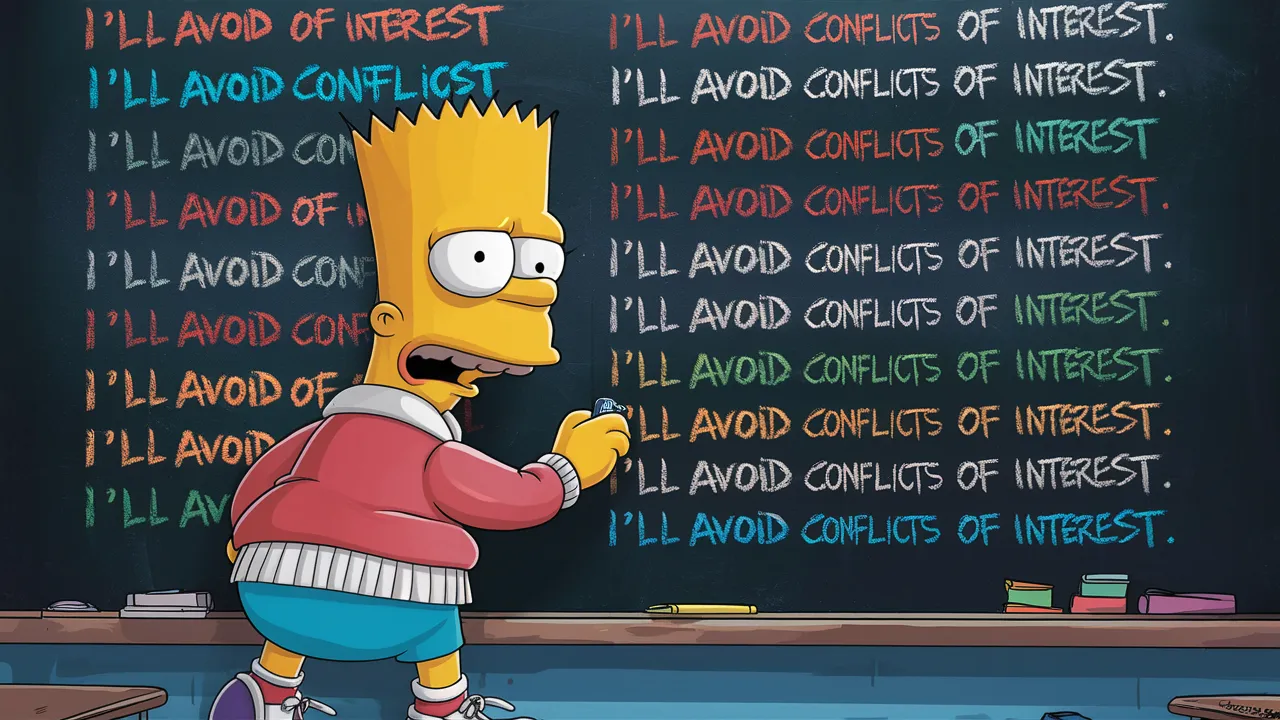How to use Facebook for Economic Development: Think Like a Chamber of Commerce
The secret to using Facebook productively as an economic developer.

Table of Contents
Hear me out: The social network Facebook can be a serious tool for economic development when used for business retention.
I know what you're thinking:
Facebook is dead. I saw it on the news, or read it on, Facebook.
No, it's not. 2.8 billion people use Facebook. 66% of those use it every day, and 93% use it every week! Within the US, 228.6 million use it. That's 69% of the entire US population -- including babies!
Almost every business in your community has either a Facebook page or an employee who's probably checking their own account at work. More often than not, they have both.
Using Facebook for business retention is all about communicating with your local businesses: talking to them, listening to them, discovering their challenges, and explaining the benefits of your successes.
Whether or not you're a membership organization, the secret to Facebook is to think like a Chamber of Commerce.
Celebrate Your Community
You need to celebrate your community's wins and opportunities as if they were your wins and opportunities, especially if they support your economic development strategy.
If a new business in one of your target industries (or a tangential industry) opens or expands, celebrate it with a Facebook post. If a local company is hiring, share a post on Facebook. If a local commercial property is for sale and falls within your purview, share it.
Sometimes though, the reach on your own Facebook page isn't enough. You'll post something new and exciting to your EDC's Facebook page, and no matter how anxiously you refresh, the like and comment count never seems to grow. If that's your dilemma, encourage your employees and board members to like and share it too. Tag relevant people and organizations in the post, ensure that they see it, and have an easy opportunity to help spread the message. Additionally, share it into the local community groups.
Communication
Facebook is an excellent way to communicate with your community. It is arguably better than an email newsletter, an ad in the local newspaper, and bulk mailing.
This is doubly true during a crisis. In the early days of the COVID-19 shutdowns in 2020, many communities turned almost exclusively to Facebook to communicate which businesses and government offices were open, where stocks of toilet paper and water could be found, and early guidance from health authorities.
Additionally, when phone lines to the unemployment and SBA offices were jammed, some economic development agencies took to Facebook with hosted webinars and Facebook Live events to answer community questions. Many even brought in subject matter experts to provide live and up-to-date information to the community.
Additionally, today, many people and maybe even a majority in your community (53% of Americans) get most of their news from their Facebook feed. I guarantee that if you share your success on your Facebook page or in a local group, you'll receive more notice than if you posted it only on your own website.
Hosting Events
Hosting a training session, town hall, or educational seminar? If you create an event and share it on Facebook, Facebook will list it in a calendar of upcoming local events.
And long after the event is over, a recorded video, hosted video from Facebook live, or summary of the event will live on Facebook, inviting community engagement and interaction.
Soliciting Feedback
Facebook can also be used to solicit feedback from your community -- with a twist.
Business retention and expansion surveys are an integral part of most economic development organizations' BR&E strategy. Unfortunately, sometimes it can be difficult to get the exposure necessary to develop an accurate assessment of the local business community. This is a great time to utilize paid advertising. Facebook Ads are an inexpensive way to dramatically extend your reach beyond just those who have liked your organization's page and can target business owners in a defined geography.
The twist in soliciting feedback is to never ask for feedback directly on Facebook as a comment. While Facebook's requirement that users use their real names tends to moderate the harshness of other online forums, we've all seen threads of comments go a little bit, er, crazy. Always point your community to a hosted survey or another form.
Conclusion
Now you know how to use Facebook for economic development like a pro: think like a Chamber of Commerce and celebrate your community's successes as if they were your own.
Econ Dev Show Newsletter
Join the newsletter to receive the latest updates in your inbox.

